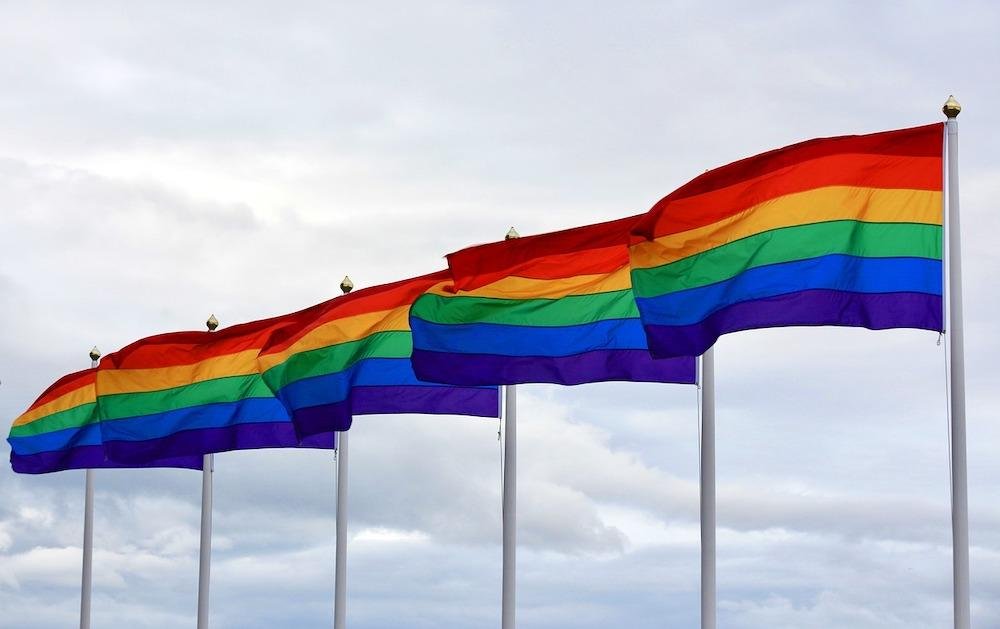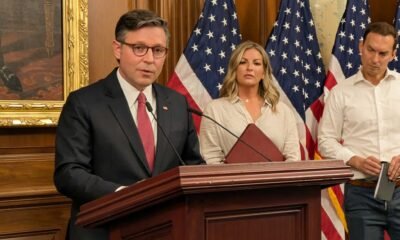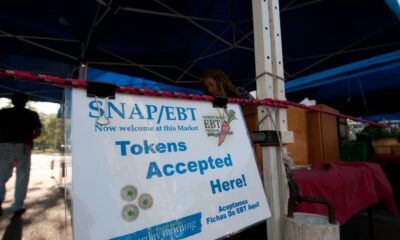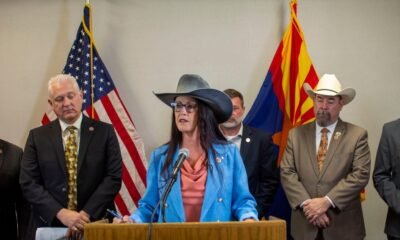crime
LGBTQ+ Violence Support Groups Brace for Devastating Cuts in Federal Funding

This story was originally reported by The 19th.
LGBTQ+ support organizations are bracing for significant funding cuts as federal initiatives under the Trump administration threaten their operations. Many nonprofits that assist LGBTQ+ victims of domestic and intimate partner violence depend heavily on federal grants, which now face jeopardy due to new executive orders aimed at combatting what the administration labels “gender ideology extremism.”
Organizations have received directives to alter their mission statements and disclaim that their work does not reflect federal endorsement. These groups, which include vital services such as counseling, housing, and legal assistance, are integral to helping victims escape abusive situations. The Trump administration has made it clear that funding will be reassessed based on alignment with its policies on gender, race, and immigration.
Concerns peaked following a federal freeze announced in late January. The ambiguity surrounding the executive orders has left many organizations uncertain about their funding security. Some are contemplating removing language from their materials that may conflict with the government’s stance, but those dedicated to LGBTQ+ victims face a profound dilemma; their missions often directly relate to the very communities being targeted.
Audacia Ray, the interim executive director of the New York City Anti-Violence Project, noted that many organizations cannot simply obscure who they serve. “Our organization literally has the words gay and lesbian in our IRS name—there’s no way to hide that,” she stated. This highlights the dilemma faced by nonprofits, as obscuring their identities does not aid ongoing efforts to provide vital services.
Data reveals stark realities: LGBTQ+ individuals—particularly those who are transgender—are disproportionately affected by domestic violence. The Williams Institute indicates that transgender individuals experience violent crime at rates four times higher than their cisgender counterparts. In fact, 54% of transgender survey respondents reported experiencing intimate partner violence, signaling a pressing need for targeted resources in this community.
Federal funding has been a staple for domestic violence nonprofits since the Violence Against Women Act implemented specialized grants three decades ago. However, recent reports from the Equitable Giving Lab show that private philanthropy largely neglects LGBTQ+ causes, diverting less than 0.1% of charitable giving to these efforts. The executive director of a regional nonprofit, who chose to remain anonymous, expressed that this funding crisis could lead to dire consequences for many in need. “When resources vanish, and people face imminent threats, it leads to more danger and more deaths,” they assert.
Nonprofits like FORGE—an organization that supports transgender individuals experiencing intimate partner violence—now find themselves at the heart of a growing legal battle. A lawsuit filed Thursday claims that the Trump administration’s directives pose an existential threat to transgender persons and infringe upon the organizations’ rights to free speech and equal protection. “The choice between silencing our missions or losing federal funding is an impossible one,” the complaint declares.
Support from other organizations remains critical. The National LGBTQ Institute on Intimate Partner Violence has urged fellow providers to maintain their commitment to outreach and support for LGBTQ+ survivors. They emphasize the importance of maintaining inclusive materials and services, despite federal pressures to disregard them.
Some organizations have pulled back on LGBTQ+ resources, but recent reactions indicate a trend toward restoring those vital services. The Hotline, which recently deactivated its LGBTQ+ resource page, has since reinstated it following community feedback. This volatile environment has raised questions about how these groups can continue serving all residents effectively, regardless of identity, without the proper funding to do so.
As the crisis unfolds, advocacy groups press for a balance between fighting for their funding and prioritizing community needs. Many leaders are committed to continuing their services, even if federal support diminishes or ceases. “We will do what we can as long as we can,” Ray affirmed. “Our responsibility lies with those we serve, especially in times of increased violence.”


















